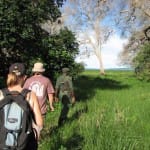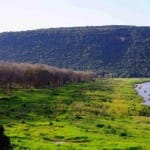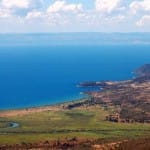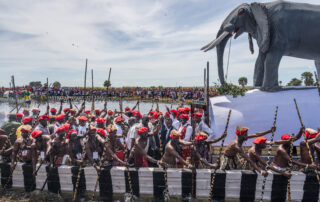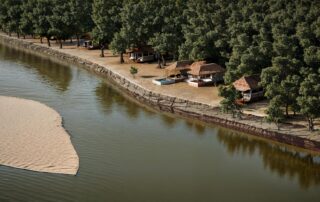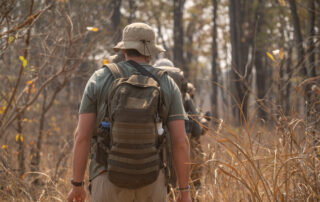NSUMBU NATIONAL PARK

Lying on the southern shores of Lake Tanganyika in the northernmost tip of Zambia, Nsumbu National Park covers an area of just over 2 000km² / 1 255mi². It includes 100km / 62mi of some of the most pristine shores of this vast lake. Its beauty ranges from sandy beaches, vertical cliffs, rocky coves and natural bays to the rugged hills and deep valleys of the interior. The Lufubu River winds its way through the park and pours into Lake Tanganyika.
The western boundary of Nsumbu National Park, or Sumbu as it is called locally, is buffered by the Tondwa Game Management Area. The much larger Kaputa Game Management Area is also contiguous with the national park to the north-west and south-west, and therefore the National Park completely surrounds Tondwa.
Nsumbu is dissected from west to east by the sizable and perennial Lufubu, which also demarcates the eastern boundary of the park up to the river’s discharge into Tanganyika. The Nkamba and Chisala Rivers are ephemeral and smaller than the Lufubu, draining Tondwa Swamp into Nkamba and Sumbu Bays respectively, the former through an attractive valley with abundant wildlife. Much of the park is covered by combretum thicket but along the lakeshore there are many strangler figs and candelabra trees along with the strange and interesting boulders balanced on top of one another.
MORE INFORMATION
LATEST NEWS
Date Set for 2026 Kuomboka Ceremony
The colourful and sacred Kuomboka ceremony is held each year in Western Province. Dating back 300 years, the festival marks the moving of the King or ‘Litunga’ of the Lozi people to higher ground after summer rains. As the Barotse [...]
New Compact Camp for Nsefu Sector
The sought-after Nsefu Sector of South Luangwa National Park will soon have a comfortable camp for serious safari enthusiasts, wildlife photographers and birders. Once the base camp for the team that filmed the BBC’s incredible documentary Kingdom, about the lives [...]
New Walking Safari Experience for Kafue
An exciting new 6-night safari adventure is kicking off in Kafue National Park. African Parks has teamed up with Lowveld Trails to create Wilderness Walking Trails through the Malala Wilderness Area of the park. Trekkers will spend two nights in [...]

